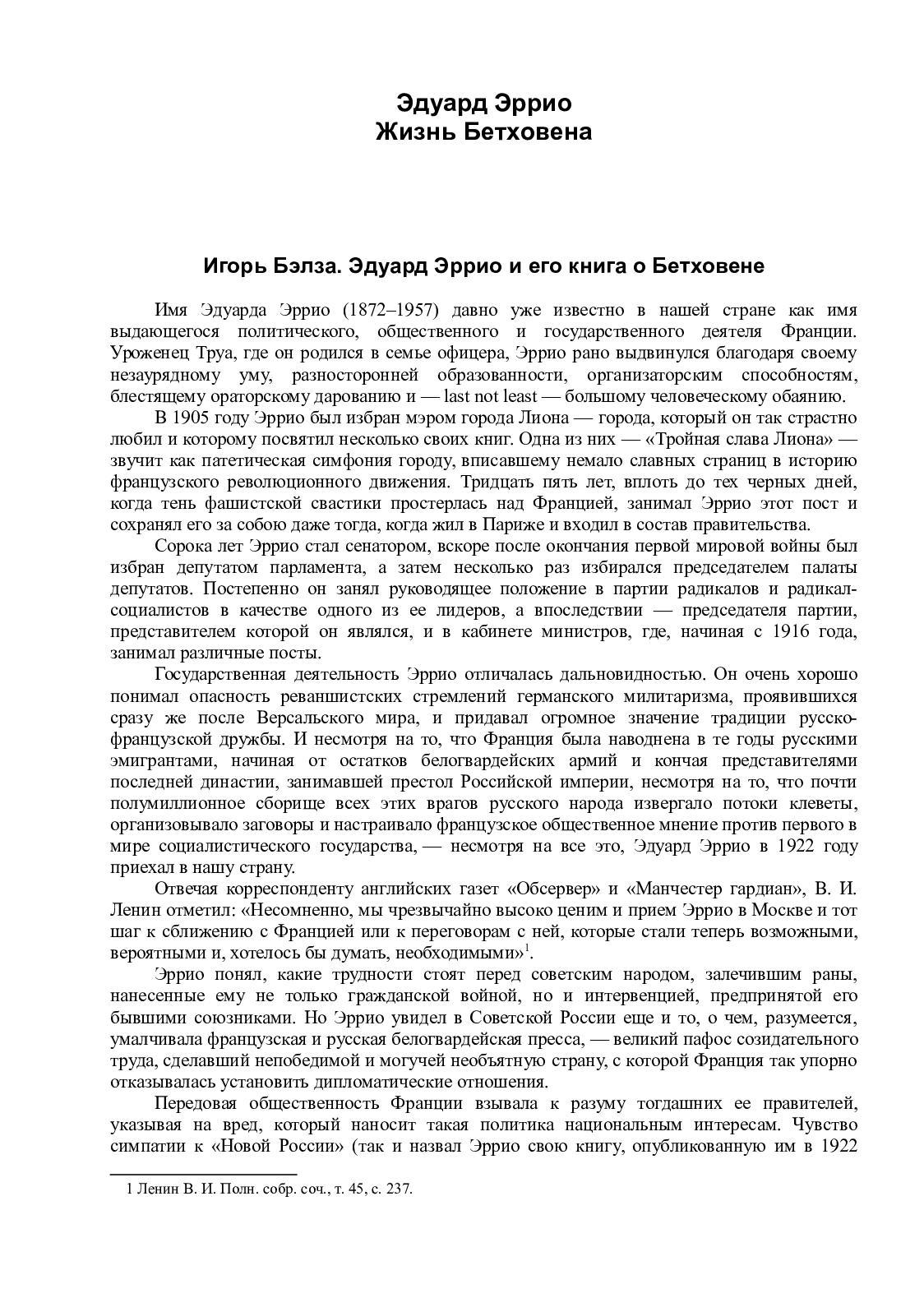
He conquered the world but bowed to the censor
Content
“Our product has gone down the wrong path and the content is incompatible with core socialist values,” the protagonist of the story, a young billionaire who is highly respected in the world, said recently. However, in China, if you want to work in the Internet and media market, you must be ready for this kind of self-criticism - even as a powerful high-tech guru.
Little is known about Zhang Yiming's past. Born in April 1983. In 2001 he entered the Nankai University in Tianjin, where he began to study microelectronics, then switched to programming, which he graduated in 2005. He met his wife at the university.
In February 2006, he became the fifth employee and the first engineer of the Guksun Tourism Service, and a year later he was promoted to the position of technical director. In 2008, he moved to Microsoft. However, there he felt overwhelmed by corporate rules and soon joined the startup Fanfou. This ultimately failed, so when Zhang's former company, Kuxun, was poised to be bought by Expedia in 2009, our hero took over Kuxun's real estate business and founded 99fang.com, your first own company.
Several years and worldwide success
In 2011, Zhang noticed a massive migration of Internet users from computers to smartphones. Hired a professional manager who took over as CEO of 99fang.com and then left the company to found ByteDance in 2012. (1).
1. ByteDance China Headquarters
He realized that Chinese smartphone users have a hard time finding information and that the search giant Baidu is confusing results with hidden ads. There was also a problem with strict censorship in China. Zhang believed that information could be provided better than Baidu's practical monopoly.
His vision was to communicate properly selected content to users through recommendations created by Artificial Intelligence. Initially, venture investors did not trust this concept, and the entrepreneur had a big problem with obtaining funds for development. Finally, Susquehanna International Group agreed to invest in his idea. In August 2012, ByteDance launched the Toutiao information app, which attracted more than 13 million daily users. In 2014, the well-known investment company Sequoia Capital, which first rejected Zhang's application, invested $100 million in the company.
What made ByteDance a really huge success was not the textual information, but the video content. Even in the desktop era, thanks to companies like YY Inc. Sites where people sang and danced in virtual showrooms to win online gifts from fans have broken popularity records. Zhang and ByteDance saw this opportunity and bet on an even shorter video. 15 second videos.
Around September 2016, it took off without much fuss. douyin. The app allowed users to capture and edit footage, add filters, and share it on various platforms such as Weibo, Twitter, or WeChat. The format appealed to the millennial generation and became so popular that WeChat, fearing competition, blocked access to the application. A year later, ByteDance acquired the site for $800 million. Musical.ly. Zhang saw a synergy between a popular Chinese-made video app in the US and Douyin or TikTokyem, because the application is known in the world by this name. So he combined the services, and it turned out to be a bull's-eye.
TikTok users are mostly teenagers who record videos of them singing, dancing, sometimes just singing, sometimes just dancing to popular hits. An interesting functionality is the ability to edit films, including in the sense of "social", that is, when the published works are the work of more than one person. The platform strongly encourages users to collaborate with others through the so-called video response mechanism or the vocal-visual duets feature.
For TikTok "producers", the app offers a wide variety of sounds, from popular music videos to short snippets of TV shows, YouTube videos, or other "memes" created on TikTok. You can join the "challenge" to create something or participate in the creation of a dance meme. While memes have a bad reputation on many platforms and are sometimes banned, in ByteDance, by contrast, the whole idea of activity is based on their creation and distribution.
As with many similar applications, we get a number of effects, filters and stickers that can be used when creating content (2). In addition, TikTok has made video editing extremely easy. You don't need to be an expert in editing to put together clips that can come out pretty neat.
2. An example of using TikTok
When a user opens the app, the first thing they see is not the notification feed from their friends, like on Facebook or Twitter, but Page “For you”. This is a channel created by AI algorithms based on the content the user has interacted with. And if he is interested in what he could publish today, he is immediately recruited for group challenges, hashtags or viewing popular songs. The TikTok algorithm does not associate anyone with one group of friends, but still tries to transfer the user to new groups, topics, activities. This is perhaps the biggest difference and innovation from other platforms.
Largely due to the global explosion in TikTok's popularity, ByteDance is currently valued at almost $100 billion, surpassing Uber and being the most valuable startup in the world. Facebook, Instagram and Snapchat are fearful of it, trying to defend themselves against TikTok's expansion with new services that mimic the features of the Chinese app - but so far without success.
Artificial intelligence serves the news
ByteDance has had the most success among Chinese companies in the international market, mainly thanks to TikTok, which is extremely popular in Asia and the US. However Zhang's initial product, which still seems to be the most important to the founder, was the news app Toutiao, which has grown into a family of social networks that are connected to each other and are now among the most popular in China. Its users are already over 600 million, of which 120 million are activated daily. On average, each of them spends 74 minutes a day with this application.
Toutiao means "headlines, highlights" in Chinese. On a technical level, it remains very interesting, as its work is based on the use of artificial intelligence, using self-learning algorithms to recommend news and various types of content to readers.
Zhang is also constantly expanding Toutiao with new products, which together form a network of related services (3). In addition to the aforementioned Tik Toki/Douyin, for example, applications have been created Hipstar i Video Siguawhich quickly established themselves as one of the most popular short video services in China. In total, Toutiao offers six apps in China and two in the US market. It was recently reported that a Kuaipai app similar to Snapchat was being tested.
3. Toutiao App Family
The company went down the wrong path
Toutiao's problems with Chinese censorship turned out to be more difficult to solve than raising money for development and conquering the world with a funny video app. The authorities repeatedly punished the company for not having proper content censorship filters and forced them to remove the content from their servers.
In April 2018, ByteDance received Injunction to Suspend Toutiao Applications. The authorities also demanded closing another enterprise application - Neihan Duanzi, a social platform where users share jokes and funny videos. Zhang was forced to publish official apology and self-criticism on Weibo, the Chinese equivalent of Twitter. He wrote that his company went down the "wrong path" and "let its users down." This is part of a ritual that was to be performed following a critical publication by the State Council for Press, Publication, Radio, Film and Television, a body created to control and regulate media activities in the Middle Kingdom. In it, ByteDance was accused of creating an application insult to public sensibility. Messages served on the Toutiao app had to anti-moralityand jokes about Neihan Duanzi were called "colorful" (whatever that means). Government officials said that for these reasons, the ByteDance platforms "caused a lot of outrage among Internet users."
Tutiao has been accused of focusing on sensationalism, rumours, and scandalous rumors rather than actual news. This may make us laugh, but the PRC is dealing with deadly issues that Zhang could not just give up on. He promised that ByteDance will increase the censorship team from six to ten thousand people, create a blacklist of banned users, and develop better technologies for monitoring and displaying content. If she wants to continue working in China, there is simply no way out.
Perhaps it is because of the approach of the Chinese authorities that Zhang emphasizes that his company is not a media enterprise.
he said in a 2017 interview, adding that he doesn't hire editors or reporters.
In fact, these words may be addressed to the Chinese censors so that they do not treat ByteDance as a mass media.
Monetize popularity
One of the main tasks for Zhang Yiming now is to turn the popularity and traffic of websites into the tinkle of a coin. The company is highly regarded, but this is more of a bonus to popularity than an effect of real profitability. Therefore, Zhang has recently been expanding into the field of advertising sales, especially on the news site Toutiao. The sheer reach and attention these products generate is a natural draw for marketers, but global brands are risk-averse. The main factor of uncertainty is unpredictable behavior Chinese censorship. If it suddenly turns out that a company needs to close a joke application that reaches tens of millions of people, advertisers give a powerful wake-up call.
4. Zhang Yiming with Apple CEO Tim Cook
The founder of ByteDance cannot and should not comment on these disclaimers. In numerous interviews, he often talks about the technical strengths of his company, such as innovative artificial intelligence algorithms that no one else in the world has, and unreliable data resources (4). It is a pity that the apparatchiks who scold him are of little concern.
